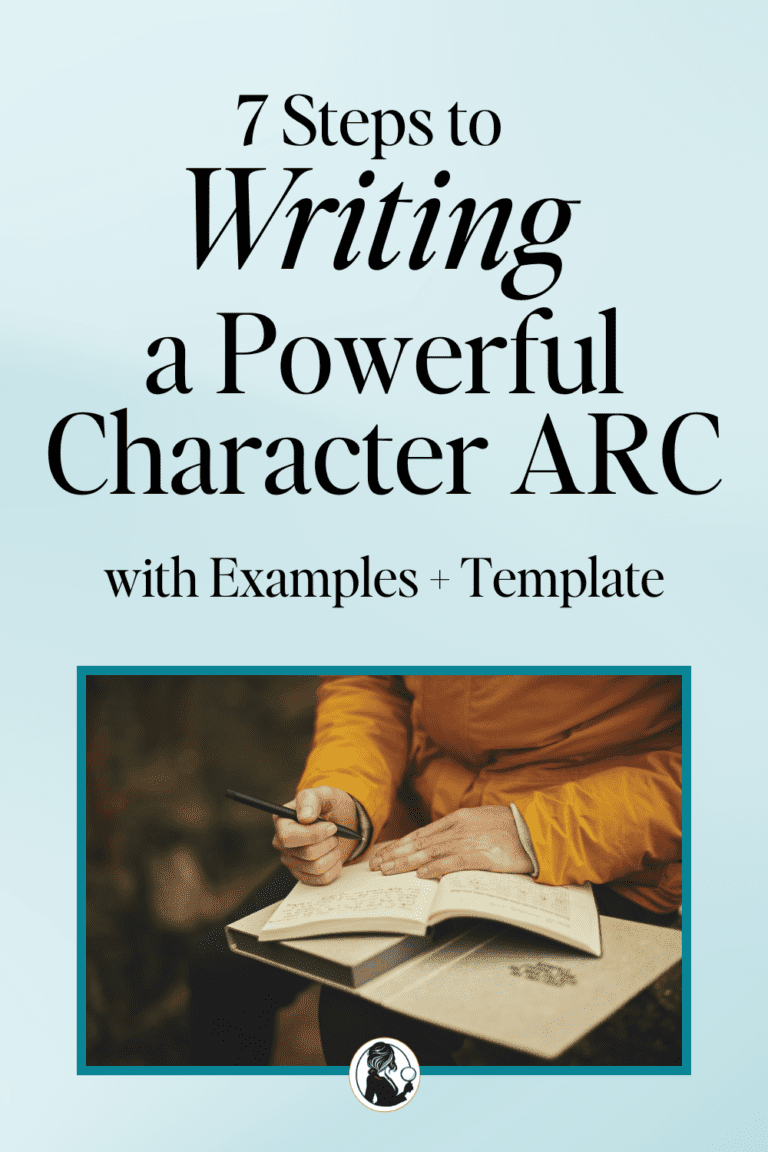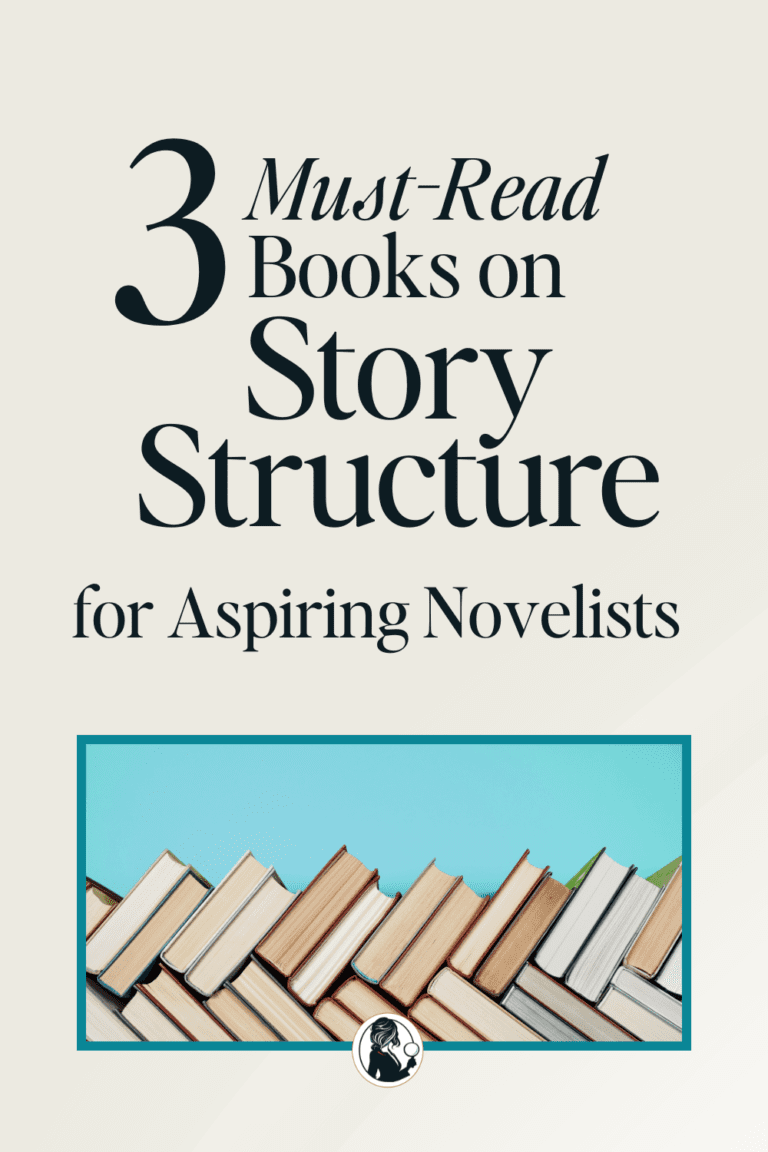The Third Draft…Questions to ask once you’re there.
Lisa Rector-Maass is an editor who works on manuscripts at the “Third Draft” stage. What does this mean exactly? According to her interview with Writer Unboxed, “If you’ve done everything you can think of to improve the book, if it’s earning praise from colleagues, editors and agents but still getting rejected, if you’re receiving conflicting advice or know deep down that something isn’t working but can’t quite figure out what, you’ve hit ‘Third Draft Stage’.”
In the same interview, she offers this advice for navigating through the last stage draft:
1. Get feedback from critique groups, mentors, professional writers and other members of the writing community. Be specific in your requests and look for consistencies among responses.
2. Learn to filter good advice from bad. Just because a character or idea is intriguing doesn’t mean it belongs in your book.
3. Distance yourself from the work. Put the manuscript away for a few days – or even a few weeks – you’ll likely return to it with renewed passion and a more objective eye.
And because she has a fabulous 11th Hour Checklist on her website, I thought I’d share that with you, as well. These are terrific questions to ask yourself as you objectively look at your “finished” book and see if there is more you can do:
Is there a reason to care about these characters?
Does motivation deepen with story progression?
Is there conflict on every page? Is it sustainable?
Is exposition necessary or simply gratuitous?
Are descriptive details unique to character, situation and place?
Are character actions and decisions too predictable?
How much of each page centers on sequential action?
Do too many characters crowd a scene? An entire book?
Are there too many similar scenes in a row?
What emotional triggers are in place and how have they been used to incite conflict?
Can the consequences of a single action be multiplied?
Do characters inhabit the world of the story or simply pass through it?
Does the protagonist demonstrate a heroic or human quality in the first 5 pages?
What is the extraordinary within the ordinary character or world you’ve created or vice versa?
Has the author truly said what they wanted to with this manuscript?



Okay. I need to staple all this to my forehead! I feel like I’ve hit this wall in the revisions on my second book. Ms. Editor and I are going back and forth and forth and back and round and round. Dizzy. I’m so dizzy. Wait…wasn’t that a song?
Jeannie, you find the BEST information! Thank you for this. I can get up tomorrow and face the mess with a clearer mind.